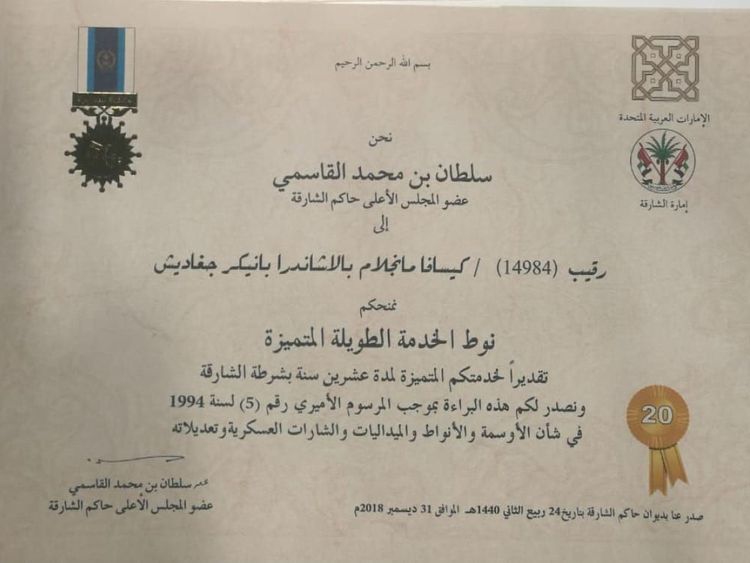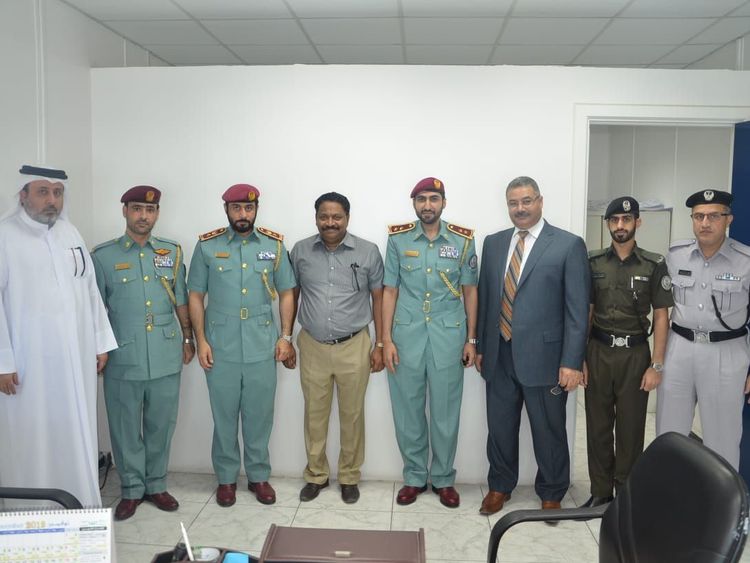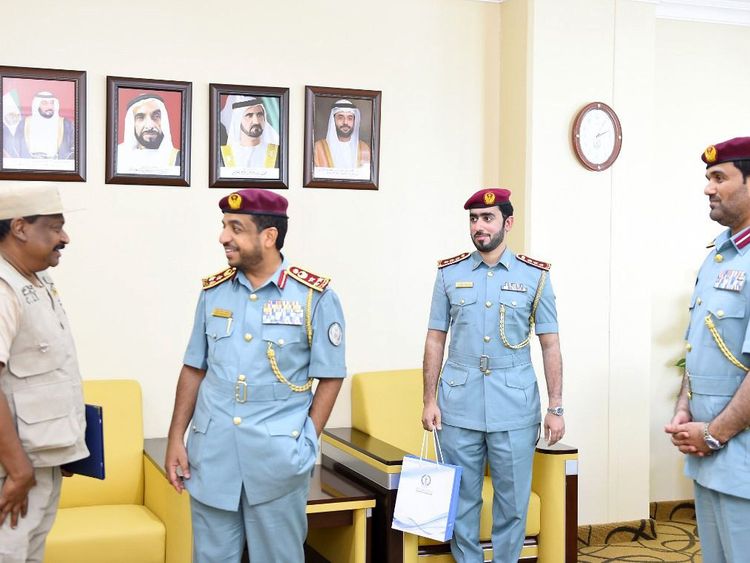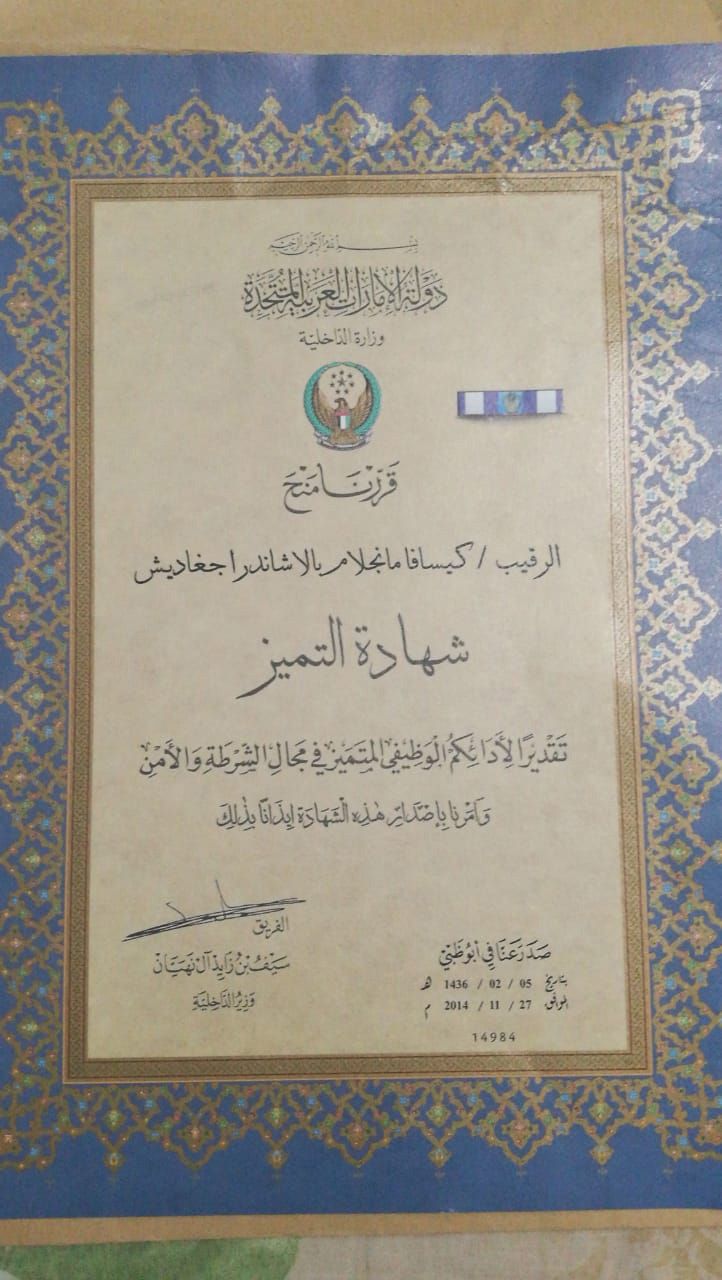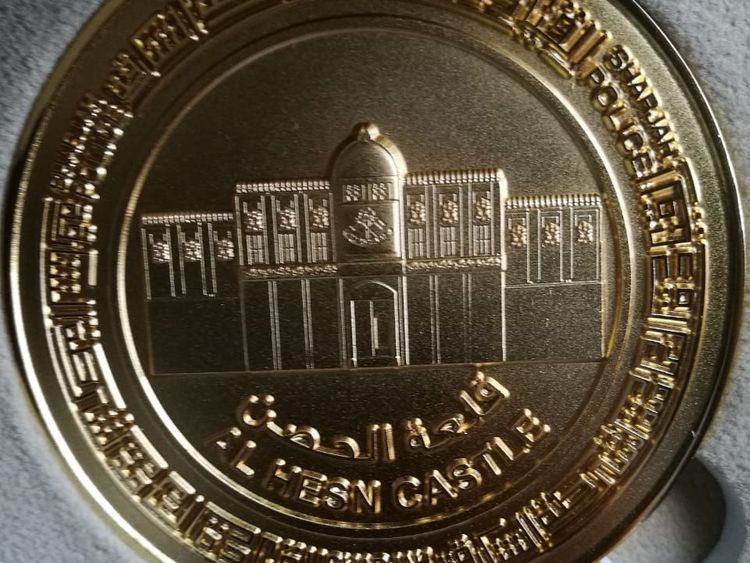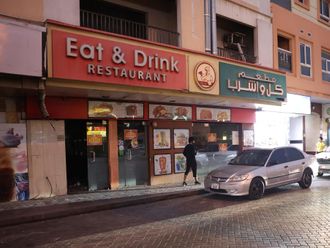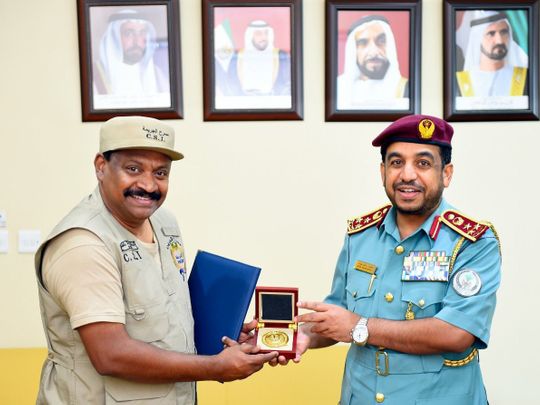
Sharjah: While most of us take pictures of the bright side of life, Jagadeesh Panicker made a career out of capturing the dark as a Sharjah Police crime scene photographer.
But now, the 61-year-old father of two, originally from Kerala, India, is hanging up his camera and heading home after 35-years service.
From plane crashes to missile attacks and murders to suicides, he has shot the scenes that no-one dares see, but ahead of his flight home on Thursday he shared some of his experiences with Gulf News.
Having arrived in the UAE in 1980 aged 22 to work as a colour film processor, he only joined the force in 1984.
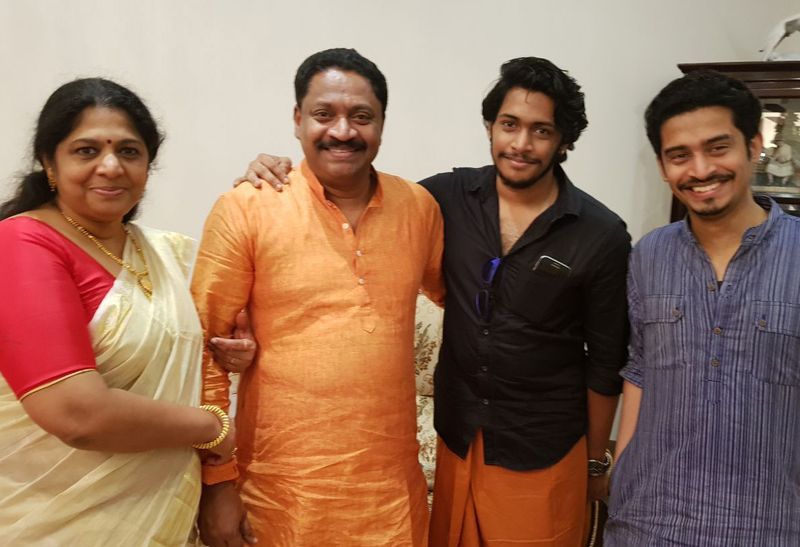
“Sharjah Police photographers and some officers used to come to the studio for processing and printing their photographs,” he recalled.
Some of them became friendly and were happy with his work, prompting him to be later interviewed and subsequently hired as an official police photographer.
He quickly discovered that crime scene photography was not for the faint-hearted and to check his courage, officers sent him on a tricky assignment. “It was within the first few days after I joined,” he said. “Someone reported a stench from a dilapidated villa close to the area where the current Maritime Museum is located. Two cops broke open the door and left me alone to take the photos.
“Though it was daytime, the rooms were very dark and I couldn’t see anything. But with the help of the camera’s flash light I braved to search the source of the stench.”
When he stumbled on something, he realised he had located a dead body.
“The smell was unbearable. The body was decayed, with blood spread on the floor.”
He said he could never forget the marks his shoes made on the bloodsoaked floor nor the v-shaped red stains that fluttering flies had made on his shirt.
“There was no facility to check the photos you clicked unless you do the colour processing and printing. With great difficulty, I managed to take the photos of the body from different angles.”
His work impressed the officers and the rest was history.
He would go on to cover two separate plane crashes, one of a Tajikistani airliner that claimed 85 lives when it crashed on the outskirts of Sharjah in December 1997, and the other of a Kish Airlines flight that crashed near the airport killing 43 people in February 2004.
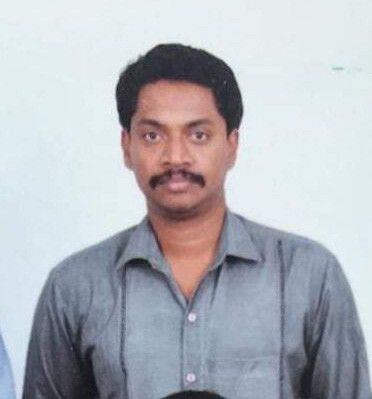
Of the first crash, he said, “I saw bundles of dollars and gold ornaments lying amidst bodies that were strewn apart. I can’t forget the toy and a shoe of a child I saw on the site. No body of a child was found. It might have been blown up.”
Meanwhile of the Iran flight he added, “Most of the victims were going to Kish Island in Iran for visa change with dreams for a better life here in the UAE. There were some from my own state.”
An offshore trip to shoot the impact of an Iraqi missile attack on an American naval frigate that killed 37 is another experience that Panicker can’t forget.
His camera has captured death in a number of ways, from road accidents to contruction site falls and so on, but the method that pained him most was suicide with over 1,000 covered during his tenure.
“Most people who ended their lives were Indians,” he said. “There have been many cases of teenagers jumping to their deaths also and this is really sad. I would like to tell expats here, especially people from my own country to value and take good care of their relationships and never let themselves plunge into debt. Most suicide cases were due to financial issues or mental health, which could have been avoided with proper support.”
As he bid farewell to Sharjah Police, who gave him a warm farewell, he thanked the officers he had worked with.
“Initially, I was apprehensive about how I would fit in among Arab officials, but all those doubts were cleared soon as I experienced their hospitability and the way treated everyone alike,” he said. “I admire the way they treat their parents and the elderly and those with disabilities also.”
Since every new employee has to take a photograph for their identity card, Panicker said he got a chance to be acquainted with each and every member of the force.
“I have worked with five chiefs of Sharjah Police. All of them have been great officers and have made me comfortable to work with them. I thank all of them and this country that has made me who I am,” he added.
However, due to the nature of his work, he says, he returns to India without a single photograph as these are left in the records of Sharjah Police.


